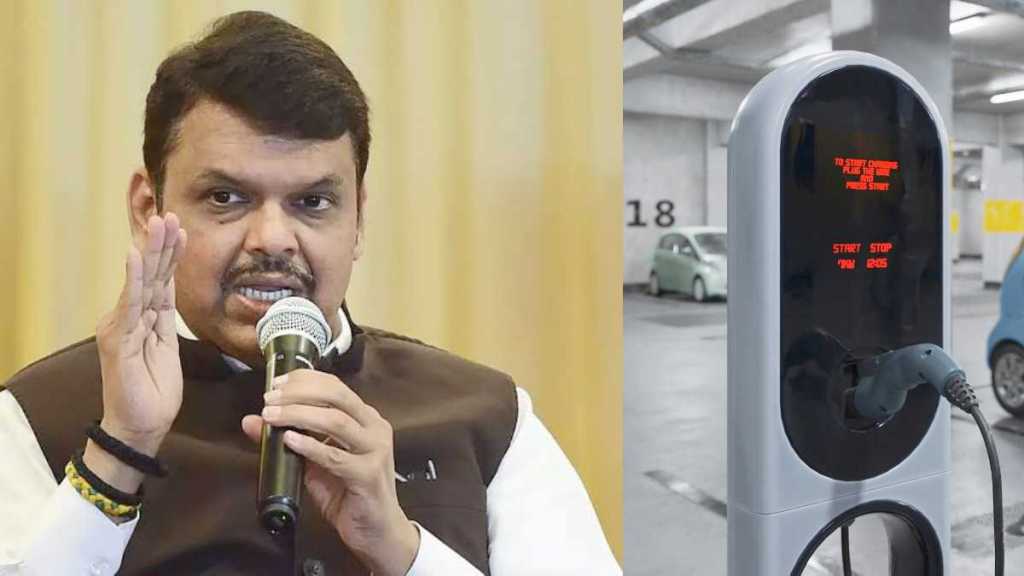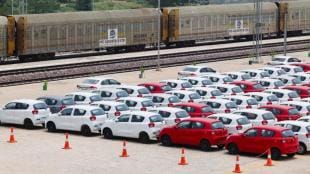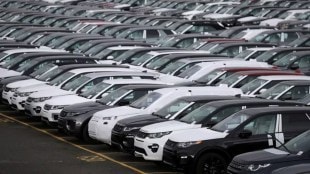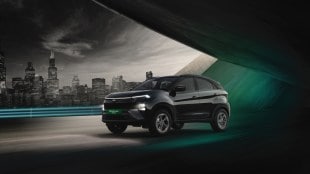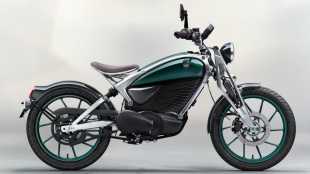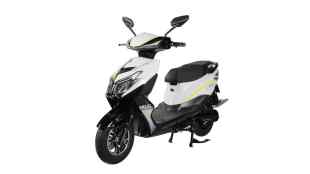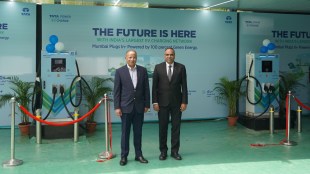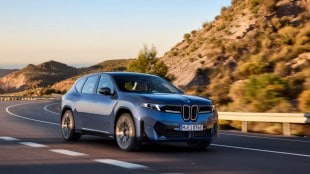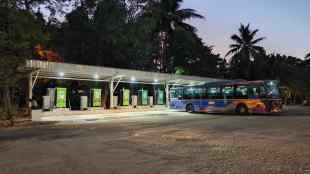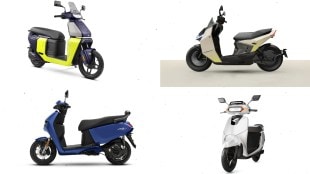The country’s second-highest-selling electric vehicles state, Maharashtra, approved the new electric vehicle policy, which is focused on increasing the EV penetration and erasing the range anxiety word from the dictionary by setting up a comprehensive charging infrastructure. In a positive development for prospective EV buyers, the state has announced additional subsidies to make electric vehicles more affordable. Following cabinet approval, Chief Minister Devendra Fadnavis addressed the media, emphasising the government’s commitment to sustainable mobility and its goal of making EVs more accessible to the wider public.
13 categories are now eligible for EV incentives
The Maharashtra Government has more than doubled the EV policy’s outlay from Rs 930 crore to Rs 1,995 crore. The 2025 EV policy aims to achieve up to 30% of EV registrations of the total market of new vehicles by 2030.
Speaking to Business Standard, Sanjay Sethi, additional chief secretary (Transport), government of Maharashtra, explained that the government is not leaving any stone unturned. The new EV policy has increased the number of categories eligible for incentives to 13 from just five. Currently, only At the moment, cars, two-wheelers, three-wheelers, state-run buses, and four-wheeler goods carriers are eligible for incentives. It was a bold move by the government to add heavy commercial vehicles like private buses, trucks, utility vehicles used by corporations and municipal corporations, including trailers, dumper trucks, agri-trailers, etc., explained Sethi.
Exemption of toll tax for EVs
The new policy is providing toll-free highways for EVs for electric four-wheelers and buses at Mumbai-Pune Yashwantrao Chavan Expressway, Mumbai Trans Harbour Link or Atal Bihari Vajpayee Sewri–Nhava Sheva Atal Setu and the Mumbai-Nagpur Expressway. EVs will also be granted a 50% toll rebate on all state and national highways managed by the Public Works Department, with the benefit being implemented in a phased manner.
New additional waivers
All EVs that are registered in Maharashtra will be exempted from the following charges — road tax, road registration certificate and renewal fees. The policy offers up to 10% subsidy on the base price of electric two-wheelers, three-wheelers, non-transport four-wheelers, State Transport Corporation buses, and private transport buses. For electric three-wheeler goods vehicles, transport four-wheelers, light and heavy electric goods carriers, and electric tractors receive up to 15% of rebates.
Robust charging infrastructure
The new EV policy aims to set up a charging station at every 25 km to meet the growing demand for EVS. Sethi told Business Standard that the government will be looping in oil marketing companies to set up charging options at the fuel stations and estimates 60-70% of pumps will be able to develop it.
Municipal corporations will be instructed to allocate 1% of their annual budgets specifically for the development of EV-related infrastructure. Speaking to CNBC TV18, Transport Minister Pratap Sarnaik said, “Our key priority continues to be the expansion of charging networks and boosting production capacity. If additional incentives are required down the line, we remain open to considering them.”
